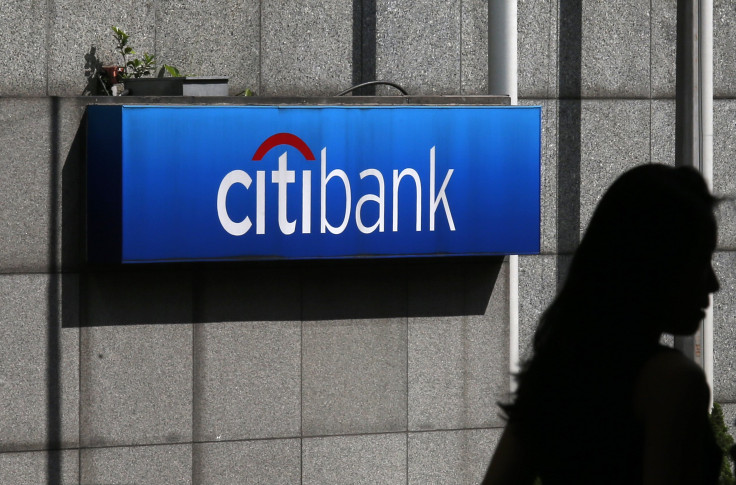Shutdown 2014: Democrats vs. Citigroup, A Fight Among Frenemies

Massachusetts’ Democratic Sen. Elizabeth Warren and a group of House Democrats are actively whipping votes against Congress’ end-of-year spending bill because it includes provisions rolling back planned regulations on complex financial trades known as derivatives. In their fight to stop the so-called "cromnibus" bill (even at the risk of a possible government shutdown), they are positioning themselves against not one but two pillars of the Democratic Party: the Obama White House and Citigroup.
The banking colossus aggressively lobbying for the derivatives provisions has been long intertwined in Democratic politics and policy. From Clinton Treasury Secretary Robert Rubin to current Treasury Secretary Jack Lew, icons tied to the firm have been major economic players in Democratic presidential administrations. As Warrren noted in a Politico op-ed earlier this year, “Three of the last four Treasury secretaries under Democratic presidents have had Citigroup affiliations before or after their Treasury service [and] directors of the National Economic Council and Office of Management and Budget, as well as our current U.S. trade representative, also have had strong ties to Citigroup.”
Those ties have been accompanied by Citigroup cash flowing into Democratic coffers. According to data from the Center for Responsive Politics documents, the firm's executives have donated more than $5 million to the party and its candidates since 2008. The firm is particularly close to prospective presidential front-runner Hillary Clinton -- its executives were her single largest source of Senate campaign funds and they were also one of the largest donors to her 2008 presidential campaign. The firm has paid six-figure speaking fees to Bill Clinton.
The tight relationship between the bank and the Democratic Party, however, has not stopped a cadre of populist Democrats from singling out the firm in the fight over the cromnibus.
On Thursday, Warren launched a Twitter hashtag called #CitigroupShutdown, aiming to put the blame for a potential government shutdown on the bank.
"Citigroup is holding government funding hostage to ram through its government bailout provision," Warren wrote to her more than 127,000 Twitter followers. She argues that the provisions rolling back the Dodd-Frank regulations on derivatives will effectively force taxpayers to guarantee Citigroup and other banks’ risky bets with complex financial instruments.
Citigroup is holding government funding hostage to ram through its government bailout provision. Join me in opposing the #CitigroupShutdown
— Elizabeth Warren (@SenWarren) December 11, 2014For its part, a spokesman for Citigroup has said that the derivatives regulation in question "does absolutely nothing to create a safer financial system" and that it creates "undue costs and burdens on U.S. financial firms."
© Copyright IBTimes 2025. All rights reserved.






















